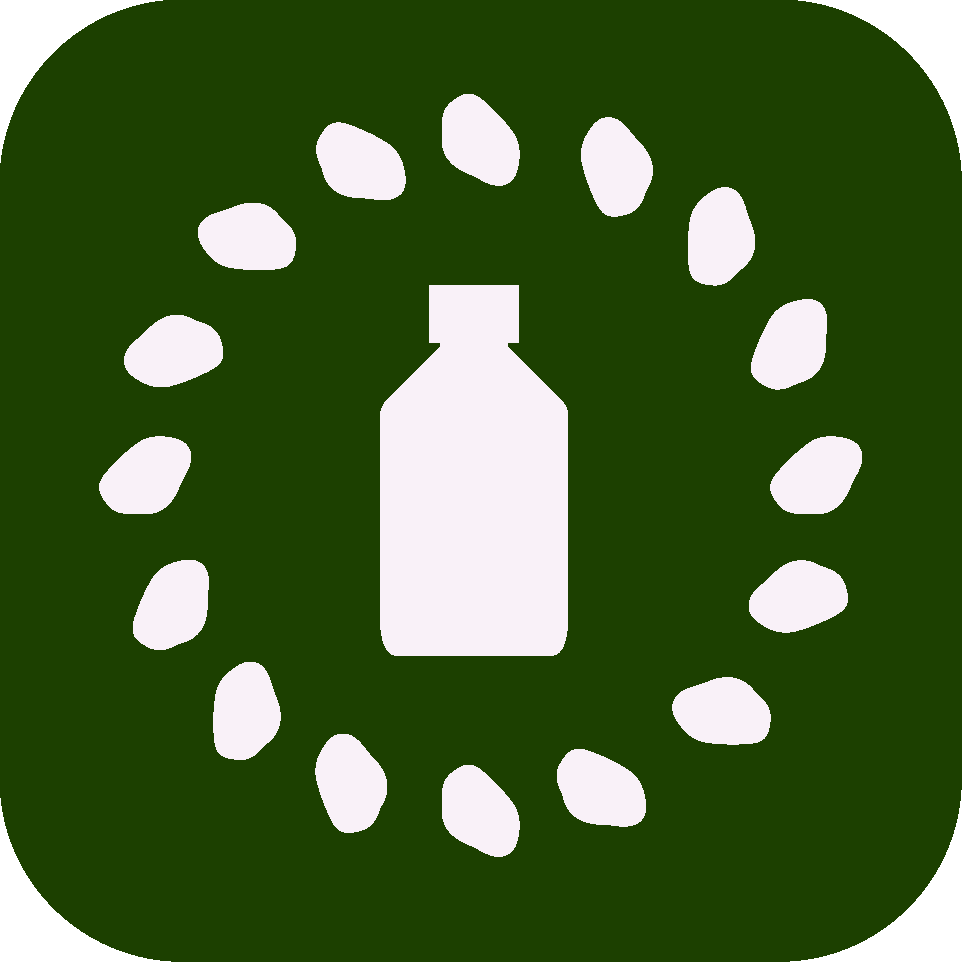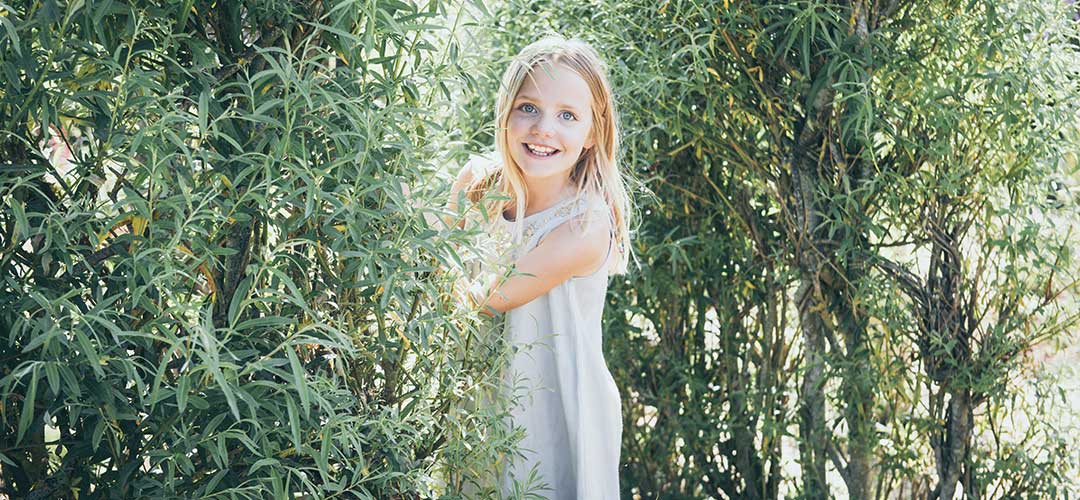You are never home alone. Rob Dunn, an American biologist who hunts microbial life, has recently said that humans can share their homes with around 5,000 species of insects and bacteria. These millions of minute friends help to make up a unique blueprint.
Most microbes are crucial for breaking down the skin you shed or consuming unwanted waste and converting it into energy. Fewer than 100 species of microbes cause disease but thousands of other microbes are vastly more beneficial than they are threatening.
This revelation can only mean one thing. Societies irrational obsession with cleanliness that âkills 99.9% of germsâ could be damaging to us and the environment we live in. By using antibacterial products you think youâre eradicating harmful germs. When, in fact, surfaces wiped with antibacterial products recolonise with bacteria (or microbes - they are the same) within 20 mins and harmful bacteria can mutate to resist antibacterial chemicals.
Professor Liz Harry, Director of an institute for infection and immunology has said "It's not the percentage of germs that matters but the absolute numbers â if there are billions of germs and you kill 99.9 percent of them, the remaining one percent can still represent a lot of germs â and you don't know whether they're harmful or not."
Most antibacterial cleaners available are actually quite bad for your homeâs microbiome. Thatâs right, your home has an ecosystem of microbes just like your body does, and it has a direct effect on your health.
The hygiene hypothesis states that a lack of early childhood exposure to infectious agents, microbes and parasites increases susceptibility to allergic diseases because it suppresses the natural development of the immune system. A lack of exposure to different kinds of microbes is thought to lead to defects in the establishment of immunity.
Recent studies have suggested that in some Western countries, allergies â which are your immune system responding to things like pollen or cat dander as though they are dangerous attackers â have risen by 200 percent in the last three decades. But allergy rates remain low in countries where keeping everything gleaming clean is less of an obsession.
The chemicals and toxins that are contained within cleaning materials also cause damage to the lungs. Regular use of antibacterial cleaning sprays has an impact on lung health comparable to smoking a pack of cigarettes every day, according to a study. Cleaning with chemicals has also been linked to lung function decline and asthma. Finally, and most obscurely, researches in Canada have found that commonly used household cleaners could be making children overweight by altering their gut microbiota.
Itâs time to ditch the chemicals and antibacterial wipes and clean with the power of nature. Cleaning with a probiotic cleaner introduces more positive bacteria into your home and restores balance so that the microbes naturally defend against pathogens. Microbes naturally like to gobble up dirt and grease, they feed off it, which makes them a powerful cleaning agent. They are also completely harmless to people and to the environment. After the floor has been cleaned you can throw a bucket of microbe water down the drain and be safe in the knowledge that the microbes will do no harm. In fact, they will enjoy breaking down dirt and grease in the drains too!
Microbial cleaners continue working long after they have been applied. They build up a bio-film of beneficial bacteria on surfaces which continues to protect them and break down pathogens. And the best news, less frequent cleaning is needed. Youâre saving yourself time in the long-run.
Natural, sustainable and extremely effective Microbz cleaners are gentle on skin, allergy friendly and safe for children and pets. Get yours today.
Made with love in the UK
100% natural

Sustainable packaging
Gluten, dairy & sugar free
Vegan *



